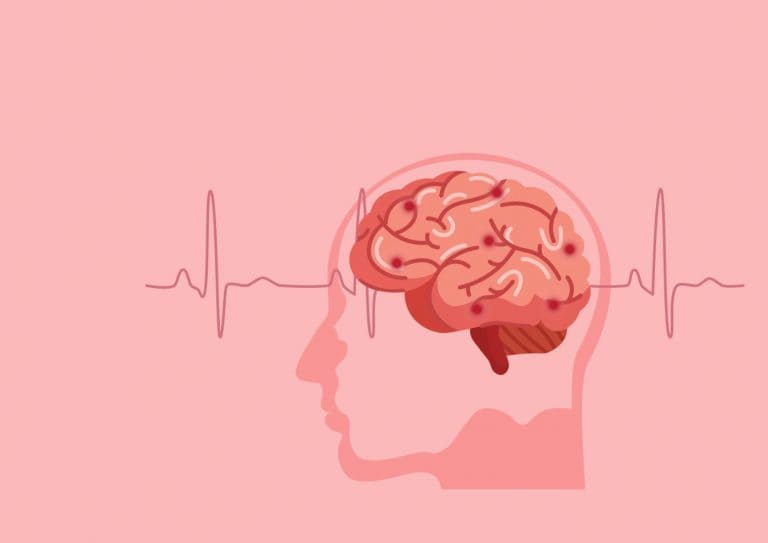Could blood transfusions reduce brain damage following stroke?
New research suggests that blood transfusions could reduce brain damage caused by ischaemic stroke and give a longer window of opportunity for treatment.
What is an ischaemic stroke?
There are three types of stroke – ischaemic, haemorrhagic and TIA (mini stroke). Ischaemic strokes are the most common – around 85% of strokes suffered are ischaemic.
Ischaemic strokes occur when an artery which supplies blood to the brain is blocked. The blockage prevents the brain from getting enough blood or oxygen. This damages some cells and causes others to die, causing potentially life-changing effects on the brain.
Treatment of ischaemic strokes is extremely time-critical: the quicker a stroke is diagnosed and treated, the better the patient’s recovery will be. For example, where an artery blockage is caused by a blood clot, thrombolysis can be used to break the clot down and avoid a blockage of blood or oxygen to the brain. However, this treatment needs to take place within four and a half hours of stroke symptoms starting.
The effect of a stroke
If treatment is not carried out quickly, a stroke will damage brain cells, so they no longer work properly. This causes neurological deficits including weakness or paralysis, speech and language difficulties, vision issues, balance problems, fatigue and problems with memory, concentration and processing information.
New research
Research carried out by neuroscientists at West Virginia University looks at ischaemic strokes as not just a disruption of blood or oxygen to the brain, but as our body’s progressive and systemic response to a brain injury. The researchers note that stroke causes an increase in inflammation in the body, including inflammatory cells in a patient’s blood, and that post-ischaemic cerebral inflammation leads to further degeneration of brain tissue, exacerbating damage to the brain.
The researchers hypothesise that by removing a portion of a patient’s blood (which contains inflammatory cells post- ischaemic stroke) and replacing it with the blood of a person who has never had a stroke, the damage to a sufferer’s brain can be reduced. Essentially, a blood transfusion can prevent lasting brain damage by removing inflammatory cells.
Xuefang Ren, research assistant professor, said “We were able to demonstrate that if you remove part of the blood from a subject undergoing stroke, and replace that blood from a subject that’s never had a stroke, the outcomes of that stroke are profoundly improved”.
So far, the research has only been carried out on mice, and is yet to move to human testing. However, the research strongly suggests that blood plays a critical role in the evolution of a stroke and the development of injury to the brain. Replacing 20% of the blood in a mouse was enough to show a profound reduction in damage to the brain.
One of the issues with stroke treatment is the limited time window for treatment to be administered to ensure good recovery outcomes. This research suggests that a brain injury may be significantly reduced by a blood-based treatment strategy administered with seven hours. Whilst still a tight window of opportunity, this is significantly longer than the four hour window for existing treatments such as thrombolysis.
What this means for potential treatment options
James Simpkins Professor of the Department of Neuroscience states “What we learn is that stroke is simply not a cerebral vascular event. It’s a whole-body event. Both the brain and the body get signals that something’s going on in the brain and as the immune system responds to try to help, it actually worsens the outcome. Therefore, by removing the blood and replacing it with the blood of those that have not experienced stroke, we get good outcomes.”
While we may be a way off from implementing blood replacement therapy as a treatment for ischaemic stroke, this research sheds new light on potential new treatment strategies which not only significantly reduce permanent damage, but give sufferers a longer window to seek treatment.
Should this research prove to be effective, I’ve no doubt that some of our clients could have benefitted from the findings of this research. I believe that the research and potential new treatment strategies will give hope to future stroke sufferers and their families.










